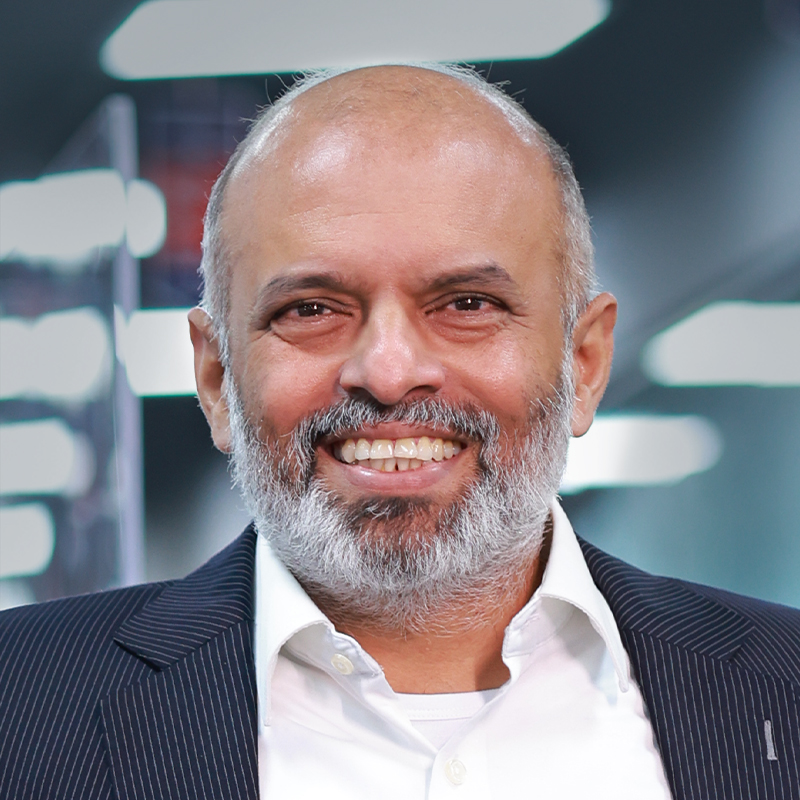As we begin the new year, it’s natural to reflect on the past while looking ahead to new opportunities. Even amidst the festive spirit of vacations, such thoughts linger, compelling us to plan, make resolutions, and analyze the past. I recently came across news of the GCC Summit happening on February 25th in Hyderabad. Since then, I’ve been captivated by the incredible evolution of Global Capability Centers (GCCs) across India. Much like a kid in the candy store, I find myself marveling at the transformative journey of GCCs and anticipating the promising developments on the horizon.
The Evolution of GCCs in India
Having closely observed the evolution of GCCs in India for over two decades, I’ve witnessed firsthand their growth from modest beginnings to indispensable hubs of innovation and operation for global businesses.
Initially, GCCs were perceived as cost-effective alternatives to offshore service centers, often considered a temporary solution for smaller teams to receive initial support. However, this perception has changed drastically. Today, GCCs are dynamic entities driving innovation, offering comprehensive technical, operational, and infrastructural support, and redefining how global companies operate across borders.
Our engagement models in Xebia, such as the “Company-as-a-Service” approach, allow Offshore Development Centers to mature into standalone companies. This transformational journey exemplifies how GCCs empower organizations to evolve as service providers and catalysts for global business expansion and innovation.

Watching Teams Grow into Companies
As part of Xebia's Product Engineering department, I’ve witnessed how meaningful engagement models have supported companies in accelerating innovation. GCCs in India have grown beyond mere operational centers; they now serve as advanced technology research and development hubs.
One example is our work with a Dutch product software company, which we helped establish and scale its operations in India. The company aimed to increase its R&D and chose India for its expansion. We enabled the company to start with a small, focused team of 8 individuals, leveraging our established brand and resources to mitigate risks. Over time, we supported their growth and transition into an independent legal entity with a robust workforce of over 200 employees in less than two years.
The scope of our partnership included:
- Offering our consulting and best practices in product development.
- Facilitating rapid scaling of operations with minimal initial risk.
- Providing local expertise and infrastructure to ensure a smooth market entry.
- Empowering the company to grow into a self-sufficient entity with a strong talent base and operational foundation.
This partnership ensured the company, as a GCC, successfully established a significant and sustainable presence in India, positioning itself for long-term growth and innovation.
Similarly, we assisted a Danish IT software engineering and services company in establish and expand its footprint in India. We provided a platform for the company to start with a small team of 18, leveraging our established brand presence and resources to mitigate risks. Over time, we supported their transition into a legal entity with over 100 employees in less than two years.
GCCs for Specialized Domains
Another fascinating trend in the evolution of GCCs in India is their specialization. GCCs have expanded their focus to cater to niche industries and specific business needs. For instance, the recent Public Accounting GCC Conclave held on December 24, 2024 underscores the growing specialization in Indian GCCs. Sectors such as prop-tech, regtech, and legal tech are now supported by dedicated GCCs equipped with cutting-edge technology and domain expertise.
This specialization aligns with the rapid advancement of technologies like AI and machine learning (ML), which are reshaping the GCC landscape. As these technologies evolve, so will the scope and capabilities of GCCs, making them even more integral to the global business ecosystem.
From our experience, we've witnessed the evolution of GCCs over time, with many success stories and some frightening stories too.
Large to very large IT organizations/Multinational services companies: 
Common elements in these successful ventures include:
 Medium sized companies (not naming names) have suffered from their own GCC ventures, due to:
Medium sized companies (not naming names) have suffered from their own GCC ventures, due to: The critical success factors in Offshoring and GCC models include:
The critical success factors in Offshoring and GCC models include: 
What’s Next
Technological advancements such as artificial intelligence (AI) and the proliferation of digital transformation across diverse sectors have further fueled this growth. With its rich talent pool and robust ecosystem, Hyderabad has played a pivotal role in enabling GCCs to support the seamless transition and consistent development of global businesses. Initially supported by GCCs, many of these businesses have successfully established themselves as independent companies in India.
Interestingly, this growth model fosters a unique kind of partnership. Instead of creating long-term dependencies, GCCs encourage their clients to outgrow their initial contracts, promoting innovation and economic growth. While it may seem counterintuitive, this approach highlights the broader vision of fostering industry advancement over individual business gains.
The growth of GCCs in India is a story of success and a testament to the country’s potential as a global innovation hub. Next, in 2025, the GCC Summit in Hyderabad will undoubtedly showcase the exciting possibilities that lie ahead. Whether through advancements in specialized domains or groundbreaking technological contributions, GCCs are poised to redefine the global business landscape.
Xebia’s track record
- We successfully helped two large global companies setup their own GCCs with our ‘Company As A Service” model.
- We ensure our customers succeed with offshoring by implementing knowledge and best practices.
- Our engagement model lowers entry and exit barriers for customers to embrace offshoring and focus on their business rather than constantly managing the offshoring partner.
- Our customers leverage our brand equity in co-creating teams.
With our depth and breadth of IT services offerings, Xebia is certainly the best choice for companies who are looking to setup Global Capability Centers in India. We would be very happy to have a conversation to explain our ‘Why.'





